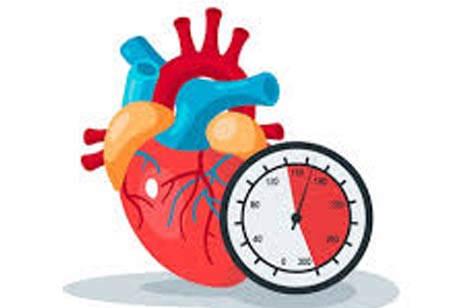Hypertension: Key Factors, Warning Signs, and Control Strategies

Thank you for Subscribing to Medical Care Review Weekly Brief

By
Medical Care Review | Wednesday, July 12, 2023
Stay on top of your health and well-being with exclusive feature stories on the top medical clinics and treatment centers, expert insights and the latest news delivered straight to your inbox. Subscribe today.
Hypertension, or high blood pressure, is a prevalent chronic condition affecting millions globally. It occurs when the force of blood against the artery walls is consistently too high. Blood pressure readings are typically recorded as two numbers: systolic pressure (when the heart beats) and diastolic pressure (when the heart rests between beats). A normal blood pressure reading is below 120/80 mmHg.
The impact of hypertension on health is profound, as it increases the workload of the heart and arteries over time. This heightened strain raises the risk of serious health issues such as heart disease, stroke, kidney disease, and more. Often asymptomatic, hypertension can go unnoticed until complications arise. However, some individuals may experience symptoms like headaches, shortness of breath, dizziness, or nosebleeds.
Several factors contribute to developing hypertension, including genetics, lifestyle choices, and underlying health conditions. Risk factors encompass obesity, sedentary lifestyle, high-sodium and low-potassium diets, excessive alcohol consumption, and chronic stress.
Management of hypertension involves a multifaceted approach. Lifestyle changes play a pivotal role, including adopting a balanced diet rich in fruits, vegetables, and whole grains, reducing sodium intake, maintaining a healthy weight, engaging in regular physical activity, managing stress, and abstaining from smoking and excessive alcohol. Medications may also be prescribed to lower blood pressure when necessary.
Regular monitoring of blood pressure is crucial for early detection and effective management. Healthcare providers use these measurements, along with other assessments, to gauge risk and tailor treatment plans to each individual.
In conclusion, hypertension demands proactive management to mitigate health risks. By embracing healthy habits and collaborating closely with healthcare providers, individuals can successfully manage blood pressure and promote long-term well-being.
